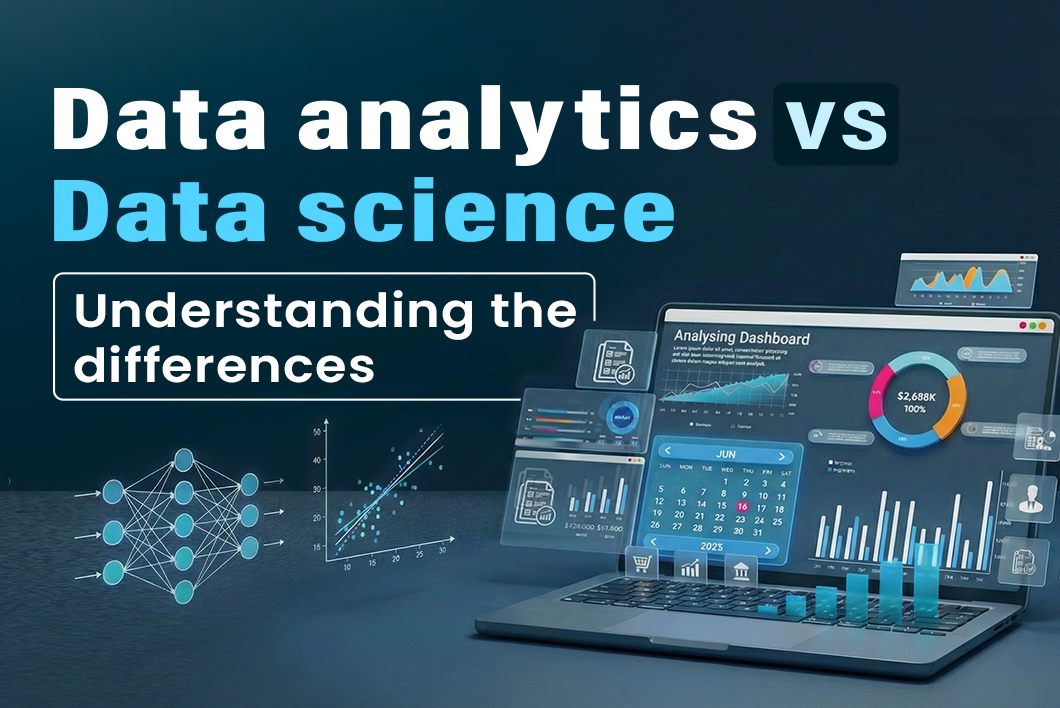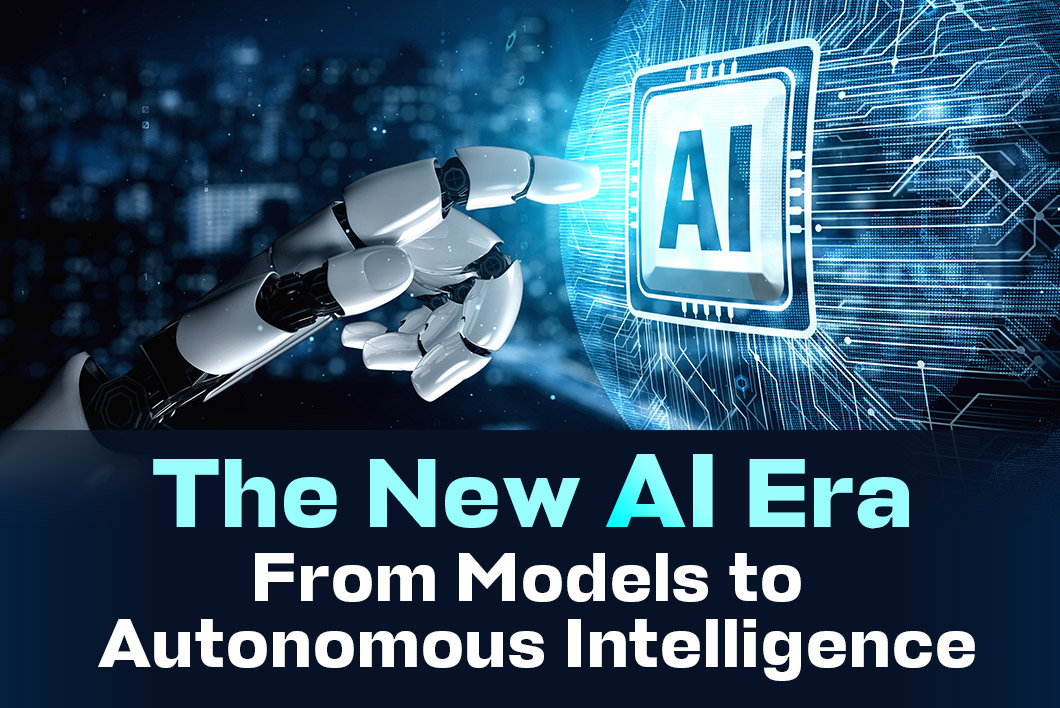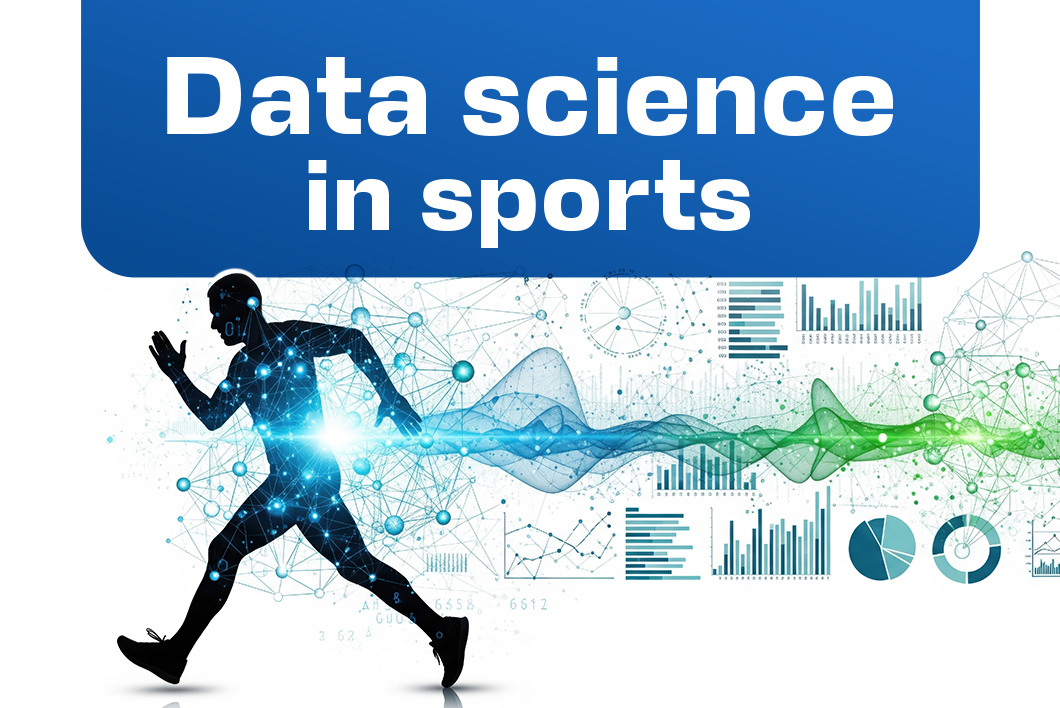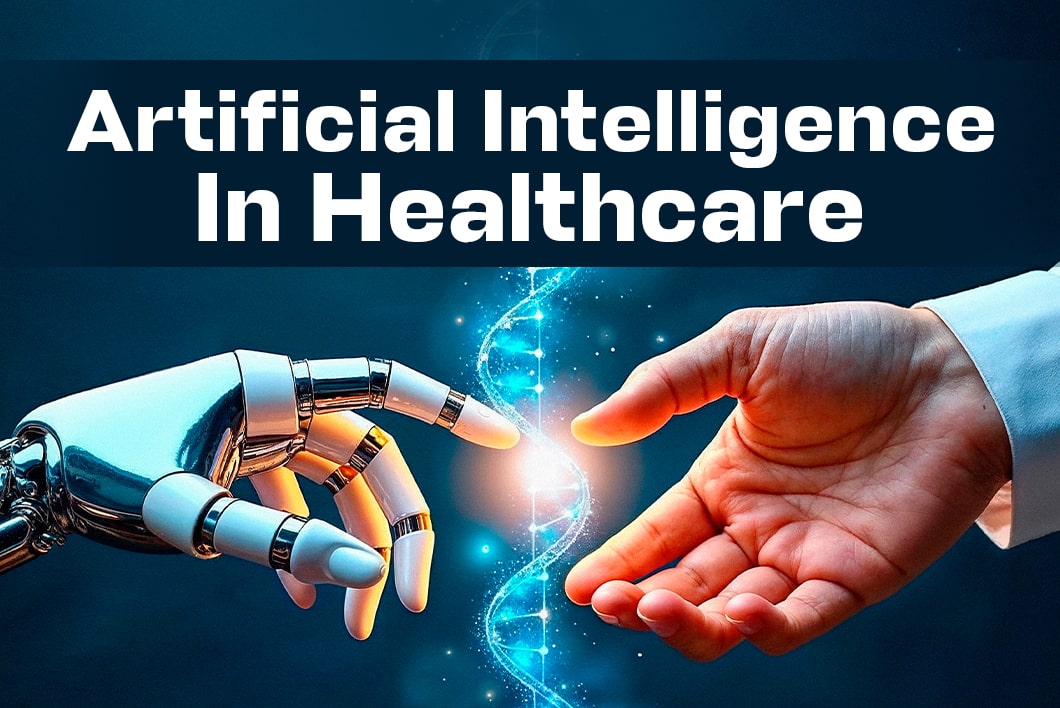
The Rise of AI in Healthcare: Why 2025 Is the Best Time to Learn It All
In the rapidly evolving world of 2025, healthcare is experiencing one of the most transformative shifts in history—thanks to Artificial Intelligence (AI). No longer limited to research labs, AI is now at the core of patient care, diagnostics, drug discovery, and hospital management. Healthcare organizations are looking for professionals who not only understand medicine but can also harness AI to improve outcomes, efficiency, and accessibility.
From predictive diagnostics powered by machine learning models, to natural language processing (NLP) that makes sense of patient records, to AI-driven imaging systems that detect diseases earlier than ever before, AI is unlocking possibilities once thought impossible. For doctors, researchers, and tech professionals alike, mastering AI in healthcare opens up a world of opportunity.
Why AI in Healthcare ?
AI has proven to be one of the most powerful and versatile technologies in modern healthcare. Whether it’s analyzing massive datasets of patient histories, automating administrative workflows, or assisting in personalized treatment plans, AI’s ability to process data quickly and accurately is unmatched. It reduces human error, enhances decision-making, and creates a more efficient healthcare system.
Diagnostics & Patient Care: Transforming Front-Line Medicine
A strong diagnostic system is essential for effective treatment—and this is where AI shines:
Medical Imaging AI: Tools that analyze X-rays, MRIs, and CT scans with precision, helping radiologists detect diseases at earlier stages.
Predictive Analytics: Algorithms that forecast patient risks (like heart disease or diabetes) long before symptoms appear.
Virtual Health Assistants: AI-powered chatbots and voice assistants that provide patients with instant guidance, appointment scheduling, and medication reminders.
In 2025, healthcare providers are prioritizing early intervention and personalized care, and AI systems are becoming indispensable allies for doctors and nurses.
Research & Drug Development: Powering the Back-End of Healthcare
Behind every medical breakthrough lies years of research—and AI is speeding this up dramatically:
AI in Drug Discovery: Machine learning models predict how different compounds will interact, cutting years off traditional trial-and-error research.
Genomic Analysis: AI helps decode genetic data to design tailored treatments for individuals, ushering in the era of personalized medicine.
Clinical Data Processing: With Electronic Health Records (EHRs) producing mountains of data, AI makes sense of it all—identifying patterns and correlations that humans might miss.
Security, scalability, and accuracy are critical in healthcare research, and AI delivers all three with ease.
Why Learn AI in Healthcare in 2025?
High Demand: AI-skilled healthcare professionals are among the most sought-after roles globally, bridging the gap between medicine and technology.
Freelancing & Startup Opportunities: From health-tech startups to telemedicine platforms, AI opens the door to building innovative solutions for patient care.
AI-Driven Patient Experience: With AI becoming standard in hospitals and clinics, professionals with AI knowledge will be at the forefront of creating patient-centered solutions.
Future-Proofing Your Career: Healthcare is evolving fast, and AI ensures you stay adaptable, relevant, and impactful in one of the world’s most critical industries.
Conclusion
Learning AI in healthcare in 2025 is more than just a career move—it’s a strategic investment in the future of medicine. Whether you’re a healthcare professional looking to upskill, a tech enthusiast entering the medical field, or an entrepreneur building health-tech solutions, AI equips you with the tools to make a real difference.
If you are planning to upskill in this field, enrolling in the best data science and machine learning course in Kochi will give you the knowledge and practical expertise to thrive in healthcare’s AI-driven future. The fusion of healthcare and AI isn’t just about technology—it’s about saving lives, improving systems, and shaping the future of human well-being.








 How can I help you?
How can I help you?